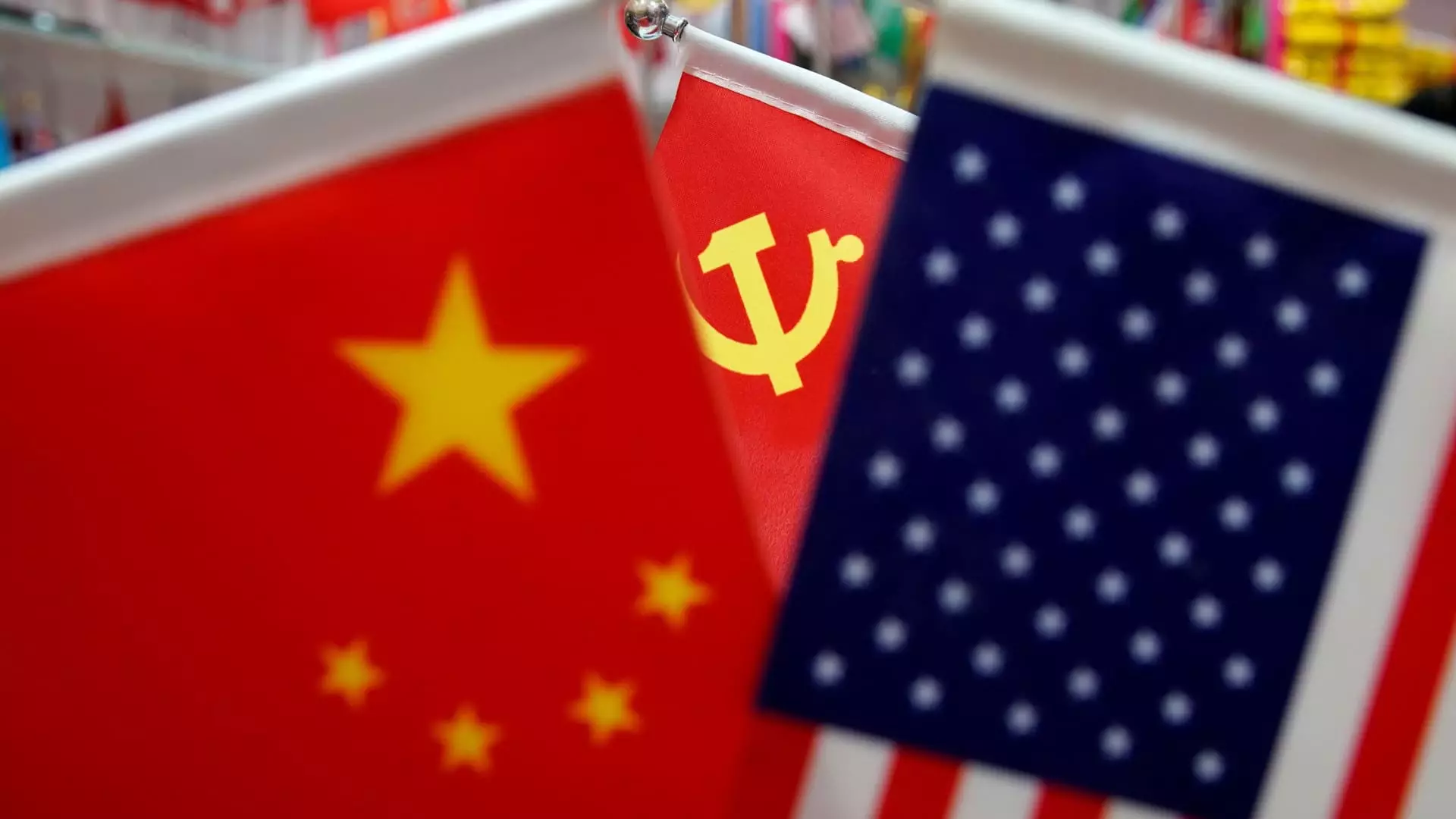In an era where global economic dynamics are constantly shifting, U.S.-China relations remain a subject of heated debate and crucial strategic decision-making. President Donald Trump’s recent commentary on the difficulty of negotiating with Chinese President Xi Jinping shines a light on an uncomfortable truth: the art of diplomacy is often overshadowed by the harsh realities of power politics. Rather than merely reflecting on the complexities of trade, the discourse surrounding U.S.-China negotiations serves as an indictment of both American naivety and China’s pragmatic aggression.
A Stall in Trade Talks: What’s Behind the Deadlock?
Despite mutual interests, trade talks between the two superpowers have been languishing. This stagnation is not accidental but symptomatic of deeper issues. Senior U.S. officials, including Treasury Secretary Scott Bessent, have voiced concerns about stalled discussions, although both nations assert a desire for resolution. Herein lies the contradiction—both Washington and Beijing seem to be playing a dangerous game of chicken. The rhetoric intensifies while substantive progress remains elusive.
Trump’s declaration of Xi as a tough negotiator isn’t merely a character assessment; it’s a cautionary admission that may hint at a bitter struggle ahead. Expecting China to yield under pressure without reciprocal concessions is a misjudgment that could cost American interests dearly. There’s a growing sentiment that trade negotiations should involve not only economic considerations but also geopolitical ramifications. However, the U.S. is perilously close to missing the forest for the trees.
Trust: The Discarded Currency in Diplomacy
Trust is often regarded as a crucial ingredient in any successful negotiation. However, the recent back-and-forth animosity between the two nations serves to undermine that trust. Even as the Trump administration communicates a desire to engage in dialogue, each side imposes tariffs, sanctions, and restrictions that erode any potential goodwill. China has not made significant moves to ease restrictions on rare earth exports, creating an environment rife with suspicion and unspoken grievances.
As U.S. Ambassador David Perdue pointed out to Chinese Foreign Minister Wang Yi, the Trump administration has its priorities set on trade, immigration, and illicit drugs. Still, when the basis for dialogue is built on a rocky foundation of mistrust, expectations of cooperation may be too lofty. Negotiations, rather than being an art, may well devolve into a tactical minefield where each false step could lead to catastrophic consequences.
Restricted Communication: A Diminished Dialogue
The barrier to effective communication—both formal and informal—exacerbates the risk of misunderstandings. Trump’s penchant for unpredictability has instilled a chilling effect in how Beijing approaches diplomatic interactions. Formerly, leaders could engage with the expectation of at least a willingness to seek common ground. Today, uncertainty hangs thick in the air, prompting analysts to predict that China will only agree to dialogue if it feels assured there won’t be any shocking announcements from the U.S. during discussions.
This strategic caution on Beijing’s part reflects an acute awareness of the precarious balance of power. While both countries may articulate a need for cooperation and dialogue, the reality tells a different story—one characterized by calculated wariness and a gripping fear of miscalculation.
Political Maneuvering: An Aggravating Factor
Amid the backdrop of trade tensions, both sides have increasingly resorted to domestic political considerations that further complicate their relations. Trump’s administration has publicized efforts to revoke visas for Chinese students, a move laden with political motivations rather than pragmatic benefits. China, in turn, has portrayed these actions as “groundless,” casting the U.S. as the aggressor in this diplomatic debacle. Such actions only serve to deepen divisions and foster a more insular approach on both sides.
In this charged atmosphere, leaders on both ends must reevaluate their tactics, shifting from a competitive mindset to a collaborative one if they hope to improve relations. However, that requires self-reflection, an ingredient that seems to be in short supply. The ability to take responsibility for one’s actions is a powerful bargaining chip that can yield benefits not just for one side, but for the stability of the broader international landscape.
The world watches as two giants grapple with their competing visions. While both nations have much to gain through cooperation, the road to meaningful dialogue is fraught with peril, threatening not just economic ambitions, but global stability as well. The stakes have never been higher, and the question remains: will it take a crisis for wisdom to prevail?

